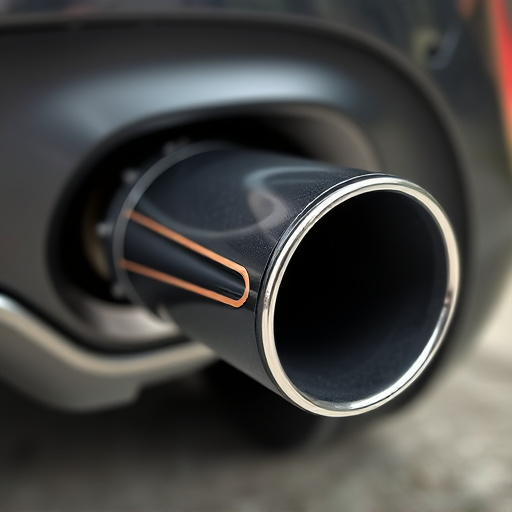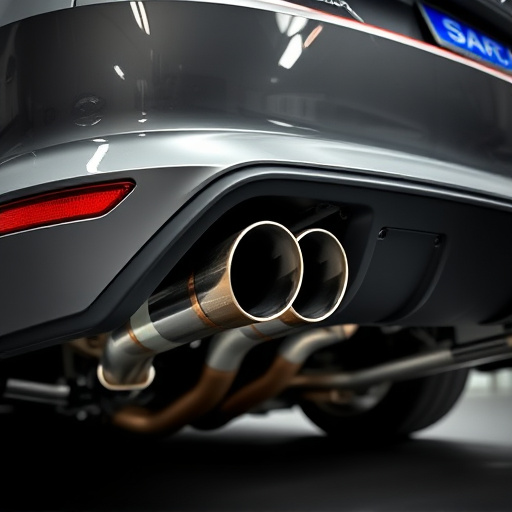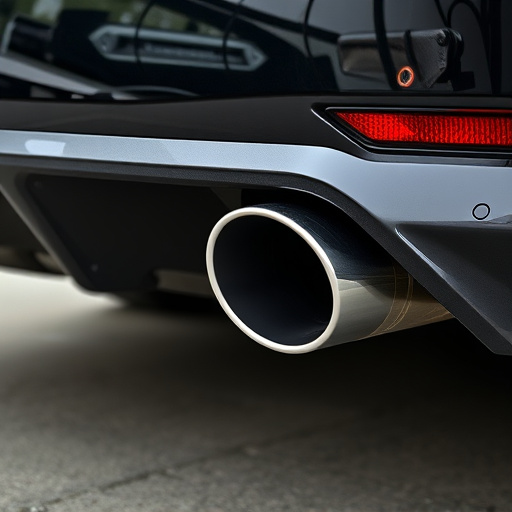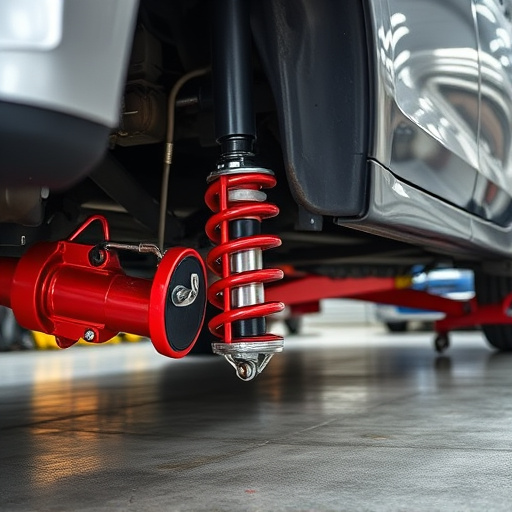The engine intake system's performance hinges on a clean air filter and unobstructed airflow. Dirty filters lead to reduced power, torque, fuel efficiency, and can cause serious damage to components like muffler tips or cold air intakes. Regular maintenance, including cleaning or replacing air filters, washing intake systems, and adhering to manufacturer recommendations, prevents these issues, enhances engine performance, improves fuel economy, and prolongs the lifespan of high-performance parts.
The engine intake system, a vital component in any vehicle, plays a crucial role in optimizing engine performance. This complex network of components ensures the efficient flow of air and fuel into the engine. However, one often overlooked aspect that can significantly impact this system’s health is the accumulation of dirt on air filters. Dirty filters not only restrict airflow but also lead to reduced engine efficiency and increased wear over time. This article explores these issues in detail, offering insights into the dangers of neglected filters and practical maintenance tips for vehicle owners.
- Understanding the Engine Intake System and Its Functions
- The Dangers of Dirty Filters: Effects on Performance and Efficiency
- Maintenance and Prevention: Keeping Your Intake System Clean
Understanding the Engine Intake System and Its Functions

The engine intake system is a complex network of components designed to draw in a precise mixture of air and fuel, which is then combusted to power the vehicle. This intricate system starts with the air filter, responsible for trapping contaminants like dust, debris, and pollution before allowing clean air into the engine. From there, the air flows through pipes and valves, ultimately reaching the combustion chamber. This process is vital for maintaining optimal engine intake system performance.
Contaminated air filters can significantly impair this delicate balance. Over time, layers of dirt and grime accumulate on the filter media, restricting airflow and reducing efficiency. This not only leads to a decrease in engine power but also activates the check engine light, as the vehicle’s computer detects the disrupted airflow. Moreover, poorly maintained filters can result in increased fuel consumption, performance brakes, and even damage to other components like the muffler tips or cold air intakes.
The Dangers of Dirty Filters: Effects on Performance and Efficiency

The dangers of dirty filters can significantly impact an engine’s overall performance and efficiency, affecting the entire intake system. Over time, as debris and dirt accumulate on or within air filters, it restricts airflow, which is crucial for optimal engine functioning. This restriction leads to reduced engine power and torque, resulting in poor acceleration and a decrease in fuel efficiency. Not only does this affect the vehicle’s overall performance but it can also cause increased wear and tear on various components of the engine intake system.
A dirty filter can create backpressure in the intake manifold, affecting the timing and flow of air entering the engine. This disruption can lead to misfires, reduced engine compression, and even damage to crucial parts like sensors and valves. Regularly maintaining clean filters is therefore essential to keep the engine intake system running smoothly and efficiently, ensuring a powerful and fuel-effective performance.
Maintenance and Prevention: Keeping Your Intake System Clean

Regular maintenance is key to keeping your engine intake system in top condition. Dirty filters can lead to a host of issues, so it’s essential to inspect and replace them as per manufacturer recommendations. A simple yet effective practice is to regularly wash and clean the air intake systems to prevent debris buildup. This process not only improves airflow but also extends the lifespan of your high performance parts, including suspension components. By maintaining a clean engine intake system, drivers can ensure optimal fuel efficiency and overall vehicle performance.
In conclusion, maintaining a clean engine intake system is paramount for optimal vehicle performance. By understanding the vital role of air filters in the intake process, drivers can recognize the dangers of dirty filters and take proactive measures. Regularly checking and replacing these filters not only enhances efficiency but also safeguards against potential engine damage. Keeping your engine intake system healthy is an essential aspect of overall vehicle care.














